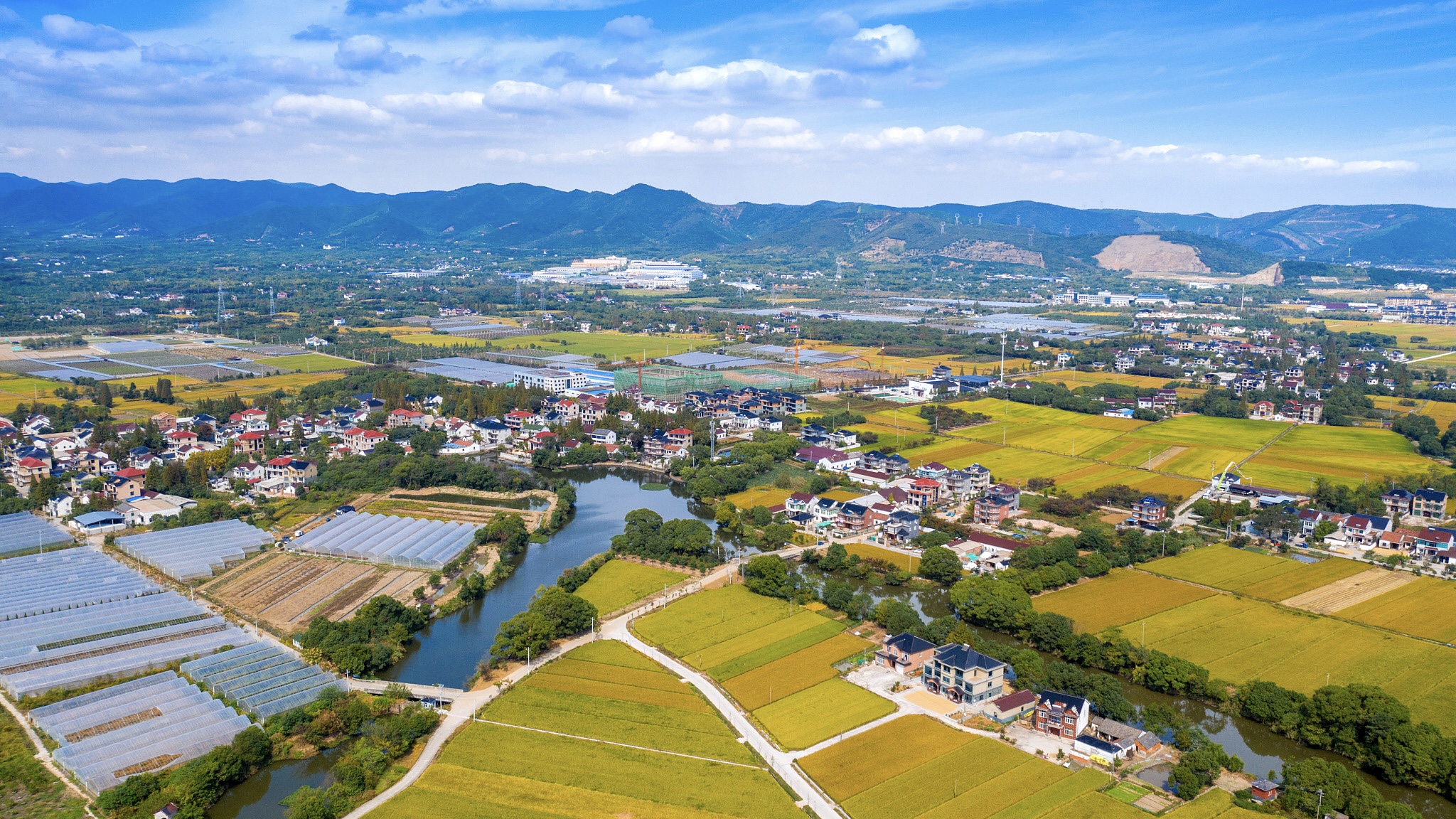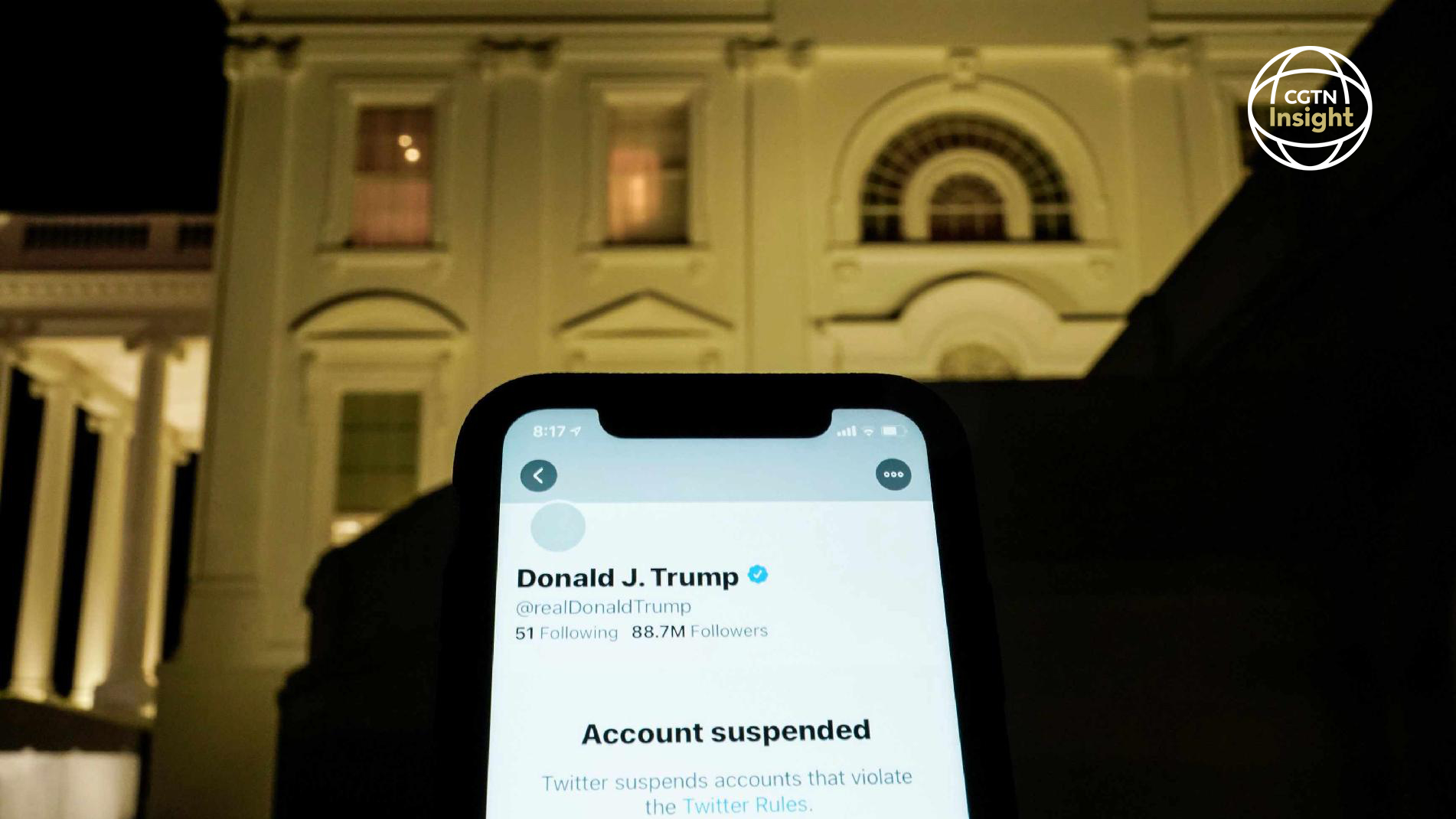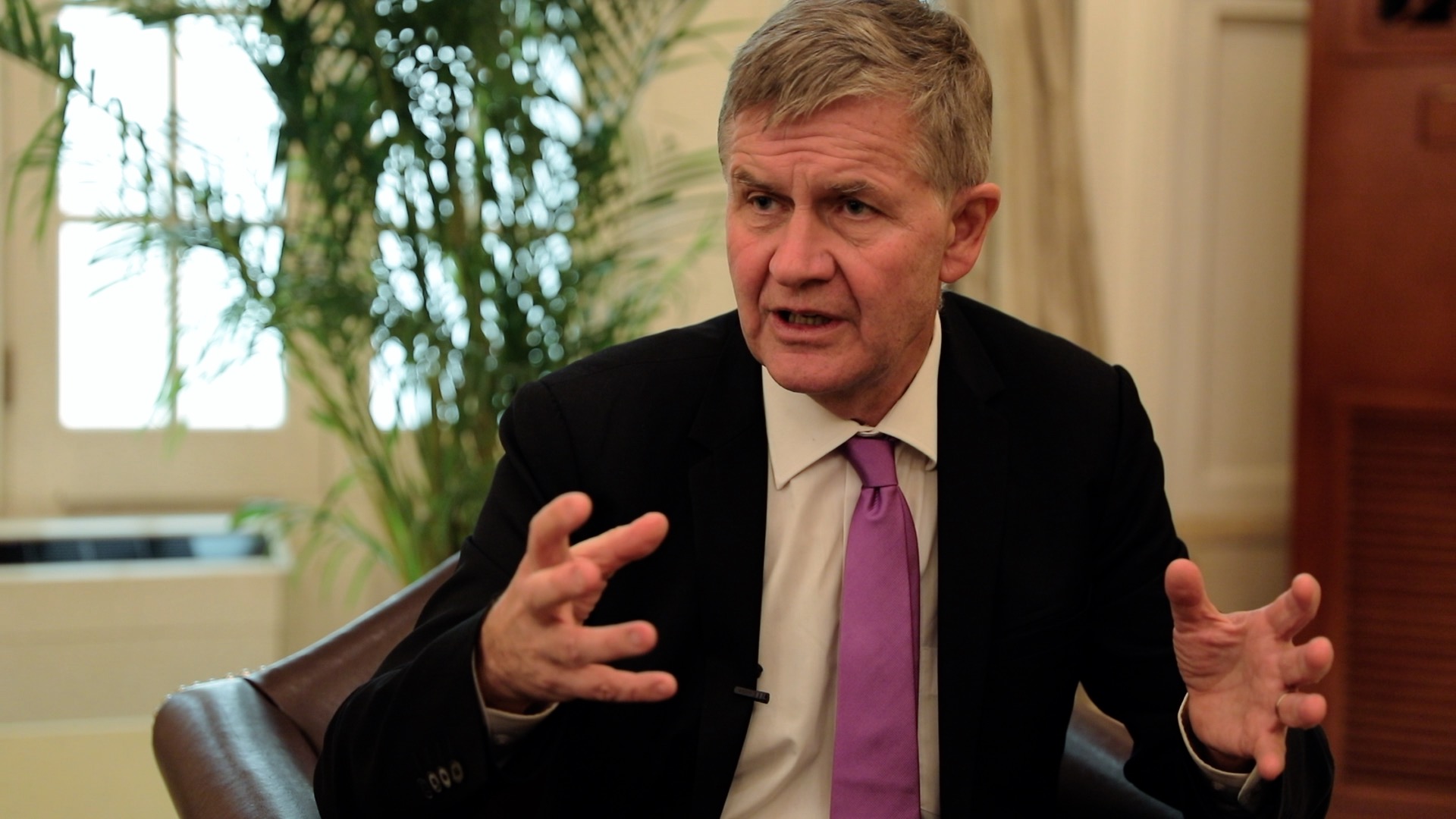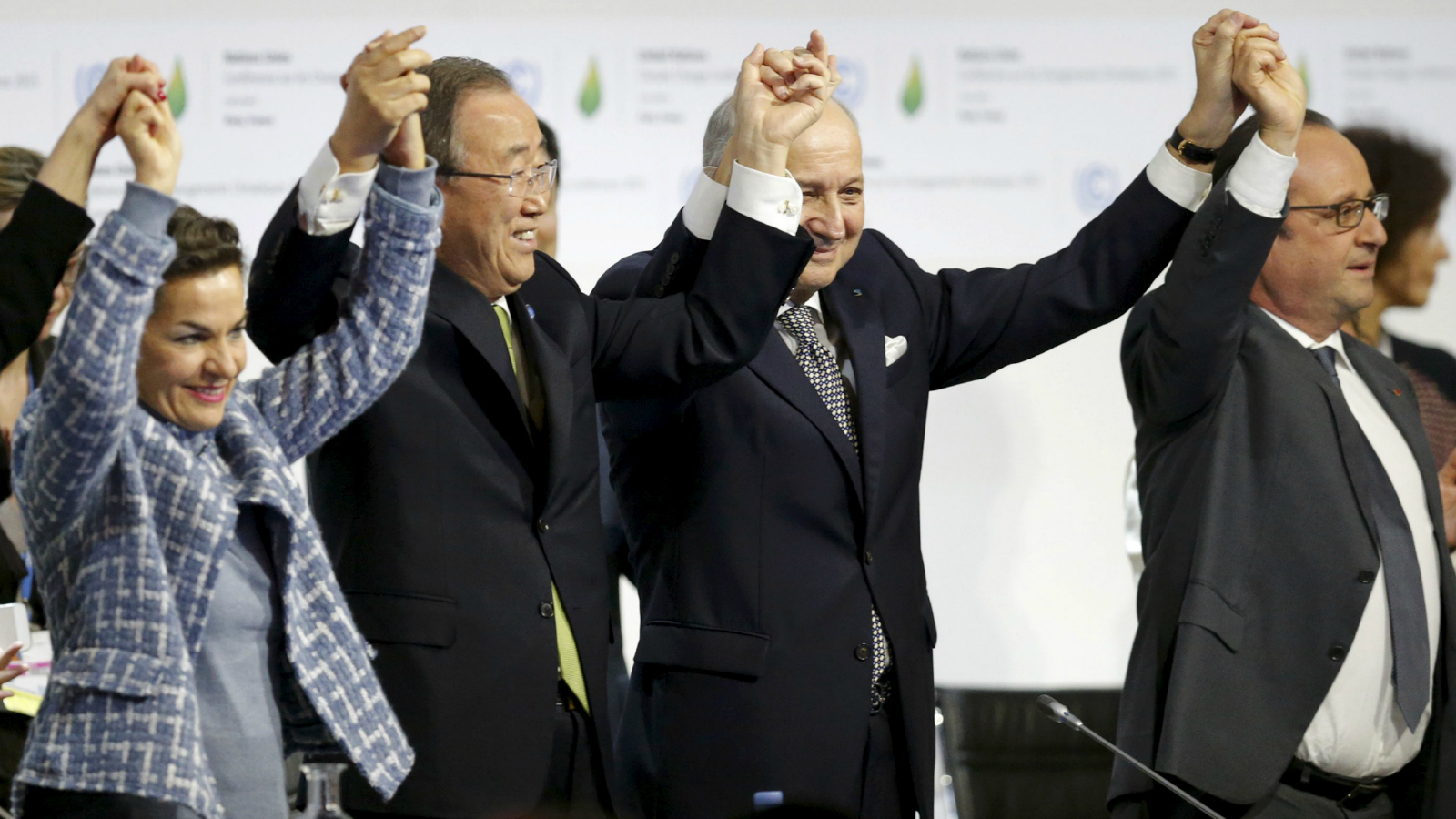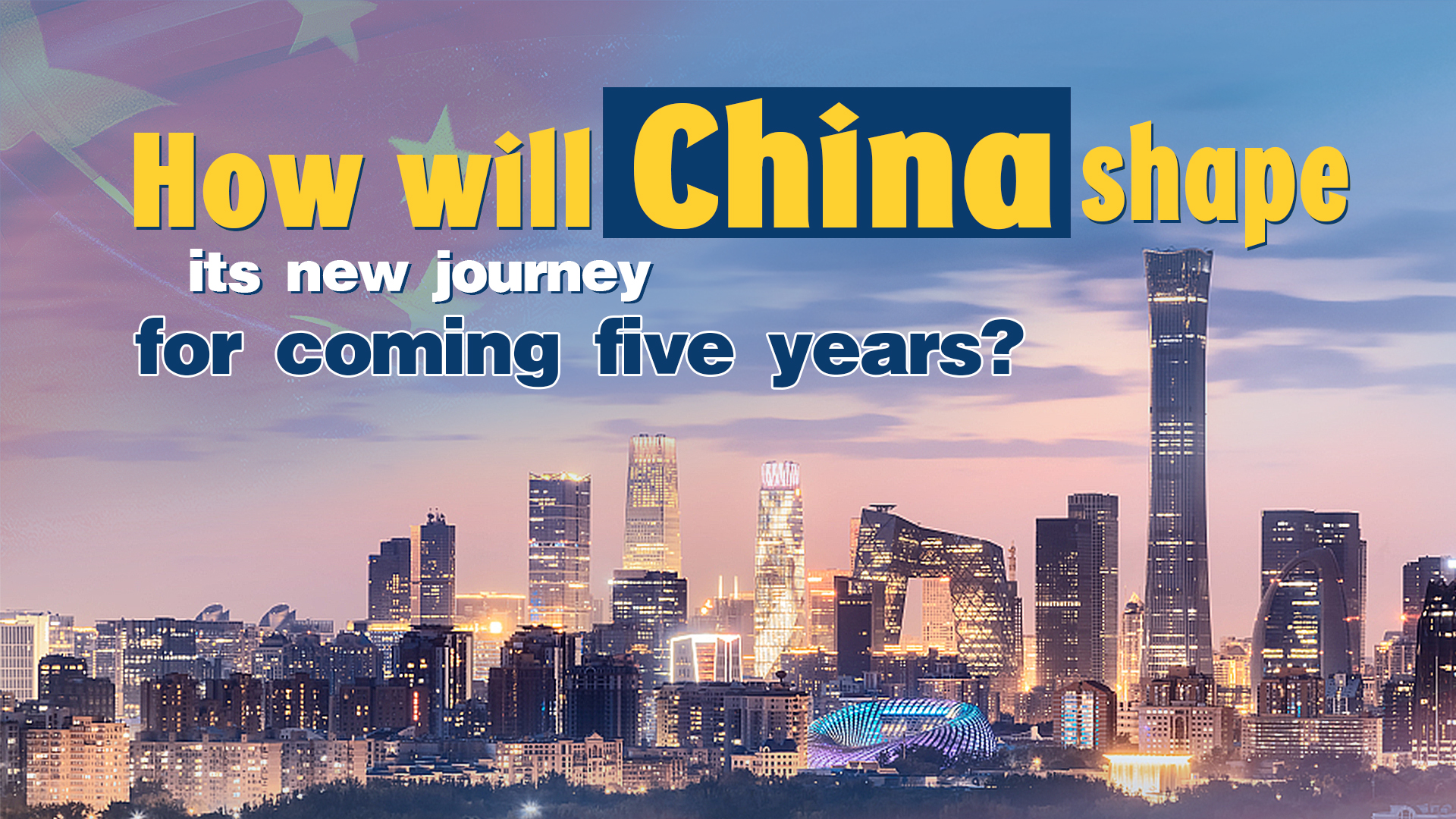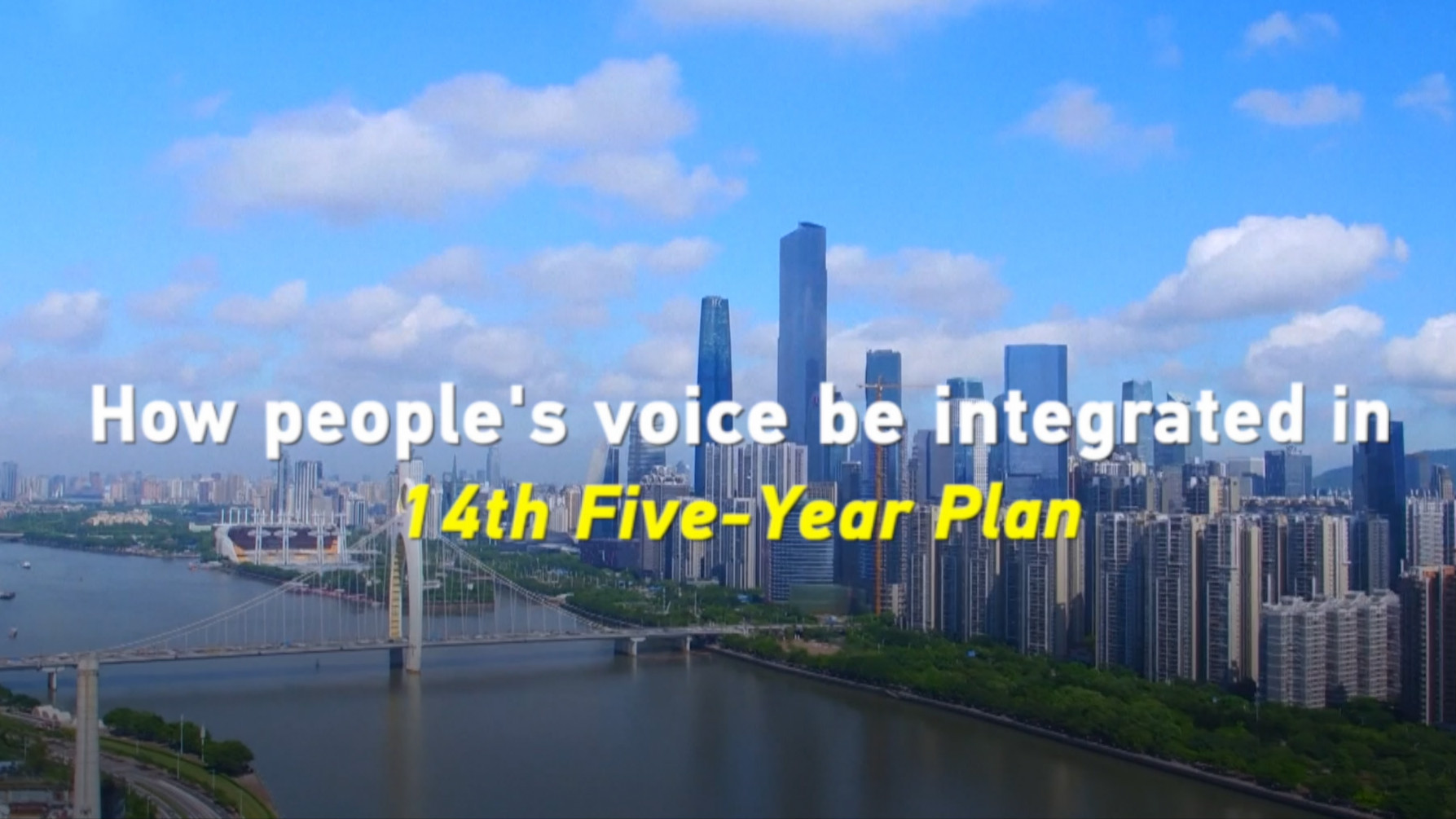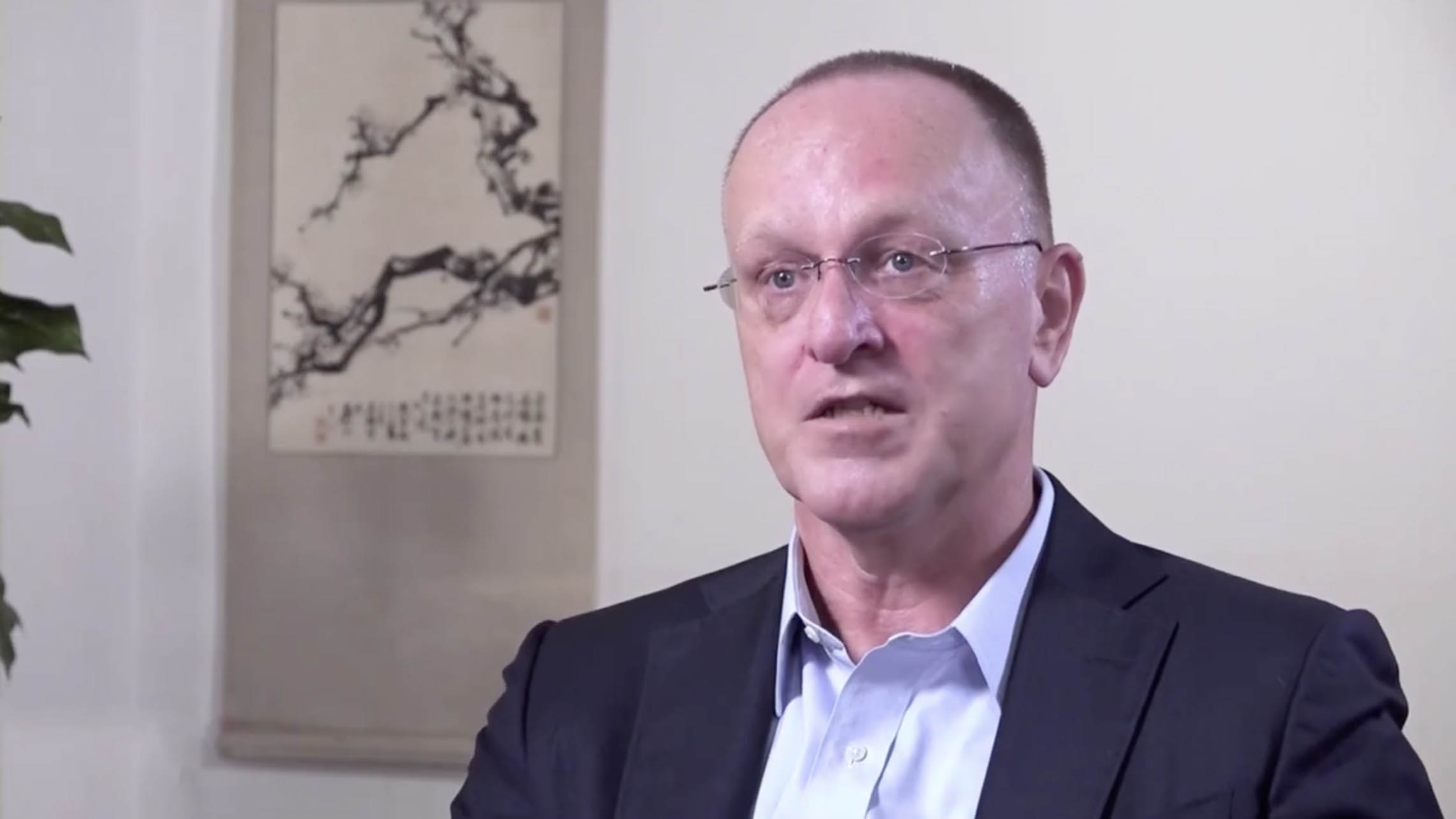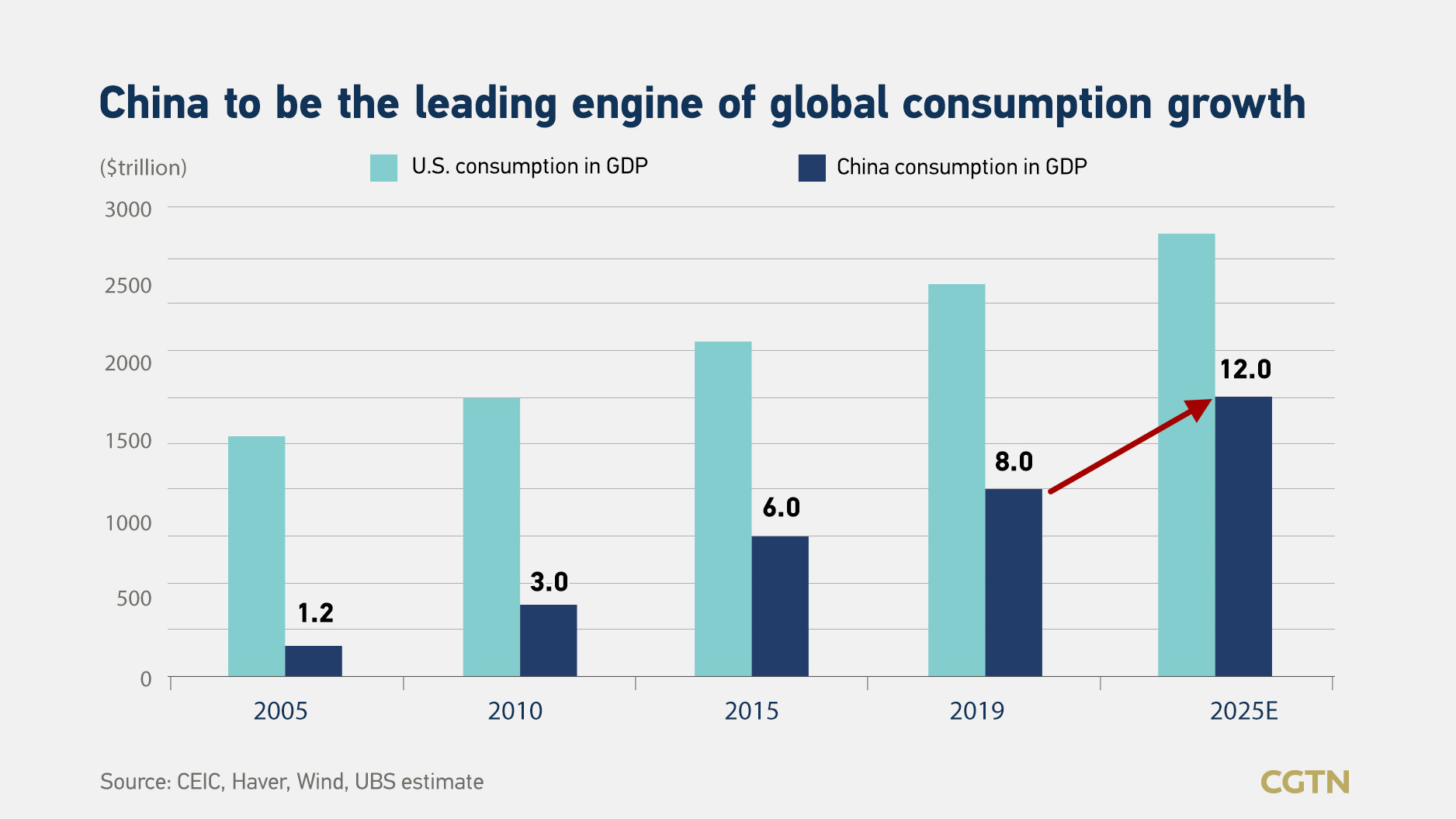Sobre a eliminação da pobreza na China
Paulo Roberto de Almeida
Gostaria de chamar a atenção para esse feito extraordinário na história econômica de toda a Humanidade. Começo esclarecendo que não defendo o regime comunista ou a ditadura do PCC, nos últimos 71 anos à frente do povo chinês. Apenas constato a realização de algo excepcional na história de qualquer outro povo, em qualquer outra época dos últimos DEZ MIL ANOS.
A pobreza, ou a penúria, é um traço inerente à história humana desde os albores da humanidade. Os povos que se alçaram à condição de uma razoável situação de bem-estar o fizeram ao longo de um lentíssimo processo de melhorias graduais, convivendo ainda com muitos pobres, ou mesmo miseráveis, até uma data ainda recente da história humana, basicamente a partir da segunda revolução industrial, no arco civilizatório da Europa ocidental e seus off-shots na América do Norte e em algumas outras poucas partes do mundo.
Nenhum país periférico ou “subdesenvolvido”, ex-colônia, tutelado ou “dependente”, conseguiu eliminar a miséria extrema ou a simples pobreza “normal”, por suas próprias forças, com pouquíssimas exceções (Coreia do Sul, Singapura, um ou outro da Europa central).
A China sempre foi a nação mais avançada da Humanidade — quando metade do mundo vivia na pobreza extrema, inclusive a Europa pós-Império romano, a despeito das elites privilegiadas —, mas falhou a primeira e a segunda revolução industrial, e manteve-se atrasada durante a maior parte do século XX, inclusive e principalmente sob o maoísmo demencial, um experimento comunista que fracassou como todos os demais empreendimentos comunistas.
Quando o PCC se converteu ao capitalismo e liberou as energias do povo chinês, o país se desenvolveu, sob um capitalismo administrado, como são, aliás, as democracias de mercado avançadas, com a única diferença que o governo da China é administrado por um Partido formalmente comunista (ou até leninista), uma ditadura que para legitimar-se conduziu esse processo de redução administrada da pobreza , combinando mecanismos de mercado e indutores estatais.
Os mandarins do PCC fizeram um bom trabalho nessa área, algo absolutamente inédito e excepcional, volto a dizer, na história da Humanidade. Pode até ser propaganda exagerada do governo comunista, mas é algo que pode ser facilmente verificado por observadores independentes e burocratas de organismos internacionais.
Não estou louvando o PCC ou a ditadura comunista pelo feito, e sim a energia do povo chinês. Os mandarins do PCC fizeram o que todo governo decente deveria fazer: garantir um quadro de estabilidade relativa (num processo extraordinário de reformas radicais, para sair do comunismo), oferecer toda a infraestrutura necessária para sustentar um processo de crescimento sustentado (e agora, finalmente, sustentável) e uma grande ousadia (fácil, sob uma ditadura) para inserir decisivamente a economia chinesa na interdependência global.
Teria sido muito melhor se tudo isso tivesse sido feito em condições de liberdades e governança democrática, mas processos políticos obedecem a uma lógica própria, que não necessariamente corresponde às dinâmicas da vida econômica.
Em todo caso, viva o povo chinês, por estar, mais uma vez, na vanguarda da Humanidade, como já esteve desde milhares de anos no passado, e ainda estará no futuro previsível neste século.
Paulo Roberto de Almeida
Brasília, 25/02/2021
Transcrevo, sem acreditar em tudo, algumas matérias de opinião e reportagens factuais da CGTN, uma boa agência de notícias, controlada pelo governo do PCC (eu sei distinguir verdade e mentira, propaganda e relato objetivo).
Special coverage on China's accomplishments in poverty eradication
Politics 08:02, 25-Feb-2021
Xi to attend event marking China's poverty eradication, award role models
CGTN
 449
449Chinese President Xi Jinping will attend a gathering in Beijing Thursday to mark the country's accomplishments in poverty eradication.
Xi, also general secretary of the Communist Party of China Central Committee and chairman of the Central Military Commission, will present awards and certificates to national honorary title recipients for their contributions to the poverty alleviation work. He will also deliver a speech.
Stay tuned to CGTN's special coverage.
Click here for more about China's poverty alleviation efforts.
Updated 21:16, 24-Feb-2021
 1,146
1,146 Beijing, China
Beijing, ChinaOver the past 40-plus years of reform and opening up, more than 700 million people in China have been lifted out of poverty, contributing to more than 70 percent of global poverty reduction. By the end of 2020, nearly 100 million impoverished rural residents had escaped poverty since 2012, and all 832 national-level poverty-stricken counties had shaken off poverty.
A grand gathering to review China's decades-long journey towards eliminating poverty and outline the tasks ahead takes place in Beijing on Thursday morning. Chinese President Xi Jinping, also General Secretary of the Communist Party of China Central Committee, delivers a keynote speech after presenting awards to outstanding contributors to the poverty alleviation cause.
Opinion 11:32, 22-Feb-2021
How to eradicate extreme poverty: Part 1 - China's governing system
Keith Lamb
 523
523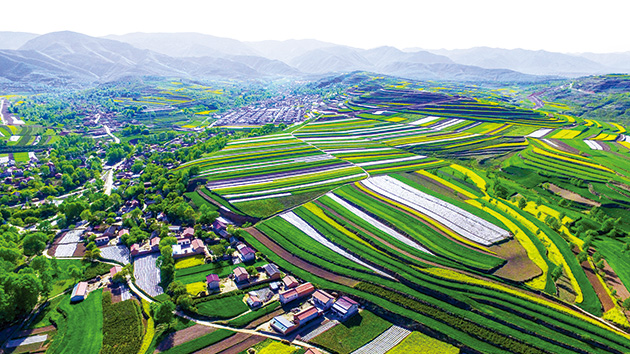
Editor's note: Keith Lamb is a University of Oxford graduate with an MSC degree in Contemporary Chinese Studies. His primary research interests are China's international relations and "socialism with Chinese characteristics." The article reflects the author's opinions and not necessarily the views of CGTN.
In November 2020 China announced it has lifted its remaining 5.51 million citizens out of absolute poverty. This was a monumental achievement considering that the country has helped over 850 million people shake off poverty over the last 40 years, according to World Bank data.
Considering that absolute poverty remains a severe problem in the Global South and the U.S. now has over 567,000 homeless people, China's unprecedented accomplishment and the methods it used to eradicate absolute poverty demand attention.
China's success against poverty is multifaceted comprising of both macro and micro factors. All factors though are intricately interwoven with China's governing and philosophical system which acts as the macro foundation for China's success in alleviating extreme poverty.
For example, China's principle of non-interference in sovereign affairs works two ways. China does not demand political and economic changes in other states and it likewise rejects external interference into its own system. This means China has the ability to act independently of external foreign powers and implement policies suited to its own needs based on its own judgement.
Hence, China's cooperation with foreign capital has led to employment and the acquiring of capital and technology needed to implement poverty alleviation. However, concurrently China's marketization was not allowed to be dictated by the neoliberal Washington consensus which has led to the ruin of many economies in the Global South.
As such, China implemented market reforms but kept its large state-owned enterprises which allows China to redistribute resources accordingly. Furthermore, the players in the market are not allowed to bite the hand that feeds them. They are subject to the laws of central government rather than making the laws for themselves which leads to cannibalizing the principle of free-market competition and eventually the market itself.
China's specific political form allows for long-term economic planning which has been crucial for drawing up strategies for extreme poverty alleviation. Had China fallen victim to a foreign-imposed liberal democratic system then long-term planning for all would be negated by the vested interests of capital which overshadow liberal systems.
Take universal health care, which feeds into poverty alleviation, as an example. Despite the vast wealth of the U.S., socialized health care falls behind other developed states. Even the right of social health care is still undemocratically contested by big pharmaceutical businesses who lobby on Capitol Hill.
In contrast, for China, socialized health care is not a question of "if" but "how and when." In 2009 China launched health care reforms towards building universal health coverage. This led to basic health coverage increasing from 22.1 percent of the population in 2003 to 95.1 percent in 2013. During this time life expectancy increased from 72 to 76.4 years and maternal mortality dropped from 59 to 29 per 100,000 live births.
Continuing on from China's advances in providing universal healthcare is the "Health China 2030" strategy which aims to solve China's identifiable health care problems. This includes improving service quality, strengthening financial protection, and increasing the quality of medical care.
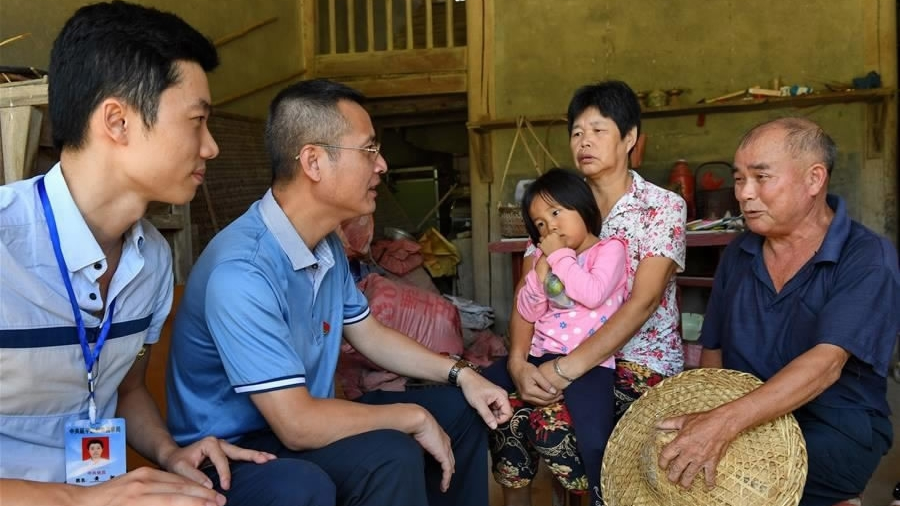
Officials who led the poverty-relief work visit a resident's house in Nanping City, Fujian Province, September 14, 2017. /Xinhua
Evidently, then, in China's case, working outside of the four-year cycle of liberal democracy has benefits. Contest this if you will but no other political-economic system has lifted so many people out of poverty so quickly. Should China be successful in its long-term 2030 healthcare plan then it will make huge strides not just in alleviating extreme poverty but also in making sure people don't fall back into it.
China's ability to eradicate extreme poverty comes down not only to the body of its governing system, which allows for certain measures to be implemented. The spirit within the system which is China's governing philosophy also plays a significant role.
This is in contrast to capitalism which sees life as a Darwinian struggle where the poor inherently deserve to be poor. Such an attitude can alleviate the government's responsibility for poverty which becomes seen as a natural phenomenon.
The spirit or the identity of a nation's political-economic system is reflected in its mass media. In the West, news revolves around whom to punish, invade and sanction. In contrast, in China news media is predominantly focused on improving the livelihood of China's citizens and the development of the country as a whole.
Such media shapes the very conception of what is possible and holds governments to account. For example, Donald Trump, compared to other presidents, is praised for not starting any new wars and only continuing with existing conflicts. In contrast, Chinese citizens who are well aware of poverty alleviation plans use these plans to hold both local and central governments to account.
As such, the goal of alleviating extreme poverty by 2020 was taken seriously and all manner of measures were implemented to achieve this aim. Tragically, being trapped in cages of limited possibilities, in the West populations do not dare to even imagine such lofty expectations from their governing systems.
In the West, people are seen as surplus to the historical process. They are "human beings" where history acts objectively upon them but is not part of them. Thus, history is conceived as an invisible and objective universal force that brings "enlightenment."
In contrast, in China, the human is conceived as the maker and the creator of history. They are "human makers" who have the inherent capacity to transform their social conditions for the better. In this conception of man's place in the world poverty is not something that exists forever as a natural state rather it is something which man has the inherent capacity to overcome.
This conception of the world may seem trivial but without it no poverty alleviation could take place. This is because if one is stuck in the dogma of believing one is unable to alter their material state then a self-fulfilling prophecy of material stagnation ensues.
(If you want to contribute and have specific expertise, please contact us at opinions@cgtn.com.)
China 11:02, 25-Feb-2021
Xi Jinping announces China's eradication of extreme poverty
Chinese President Xi Jinping on Thursday announced China's eradication of extreme poverty at a national commendation conference.
Xi first raised the concept of "targeted poverty alleviation" in November 2013, during an inspection tour of central China's Hunan Province.
Through eight years of sustained work, China has lifted the remaining 100 million rural poor people, under the current standard, out of extreme poverty.


